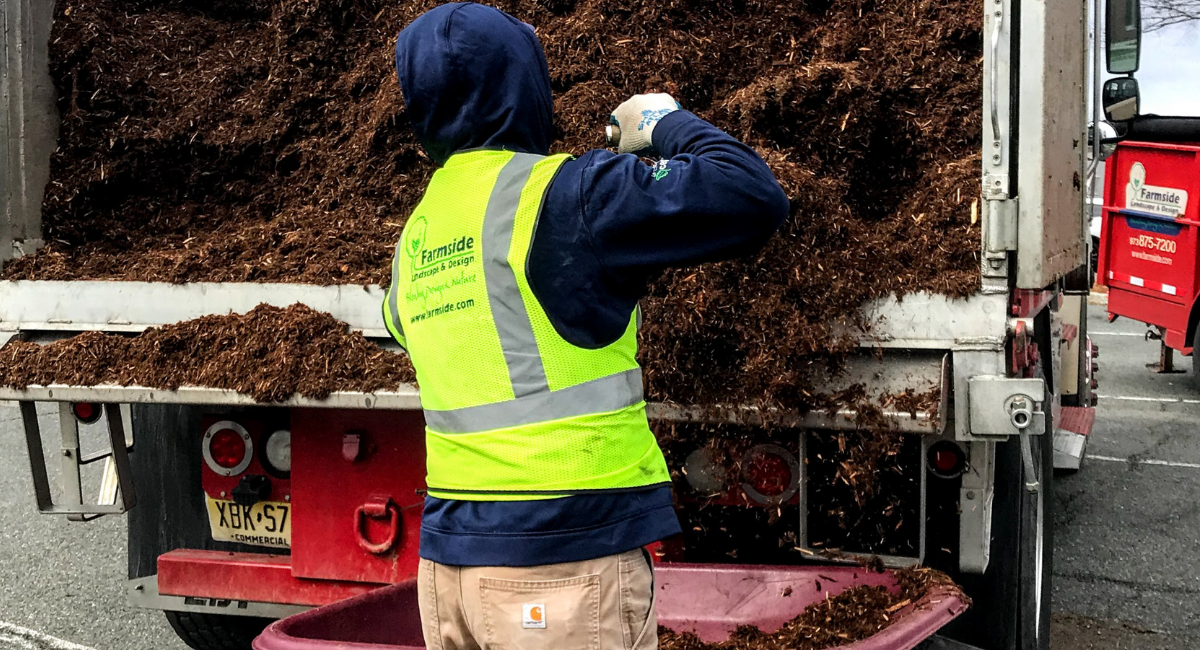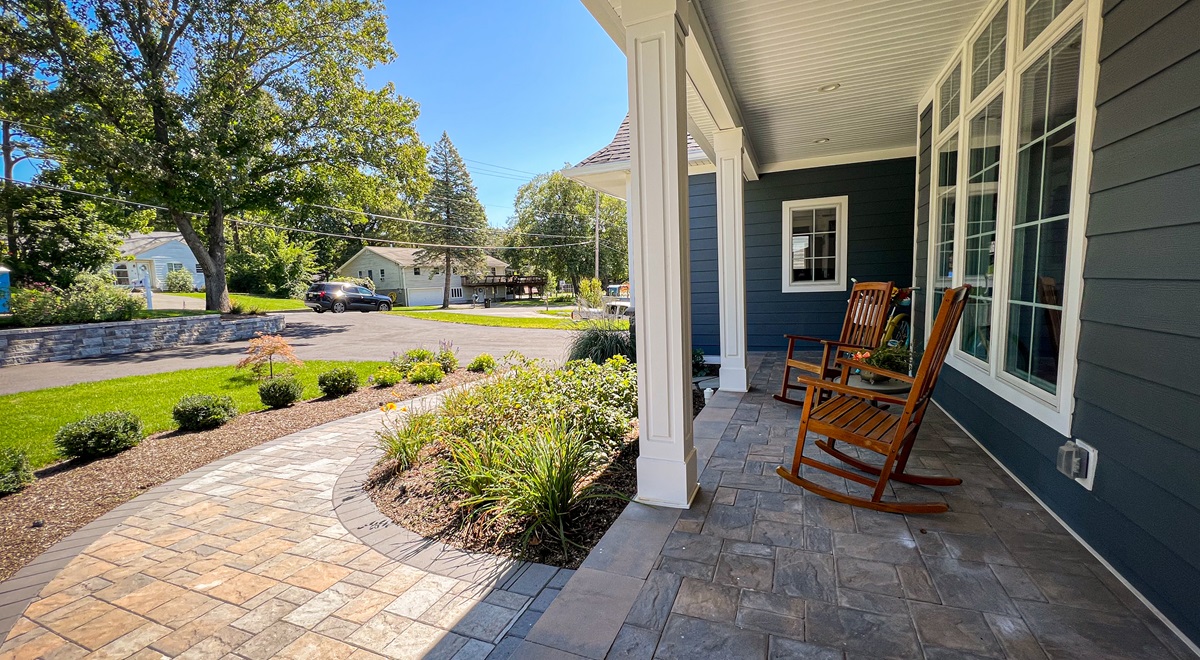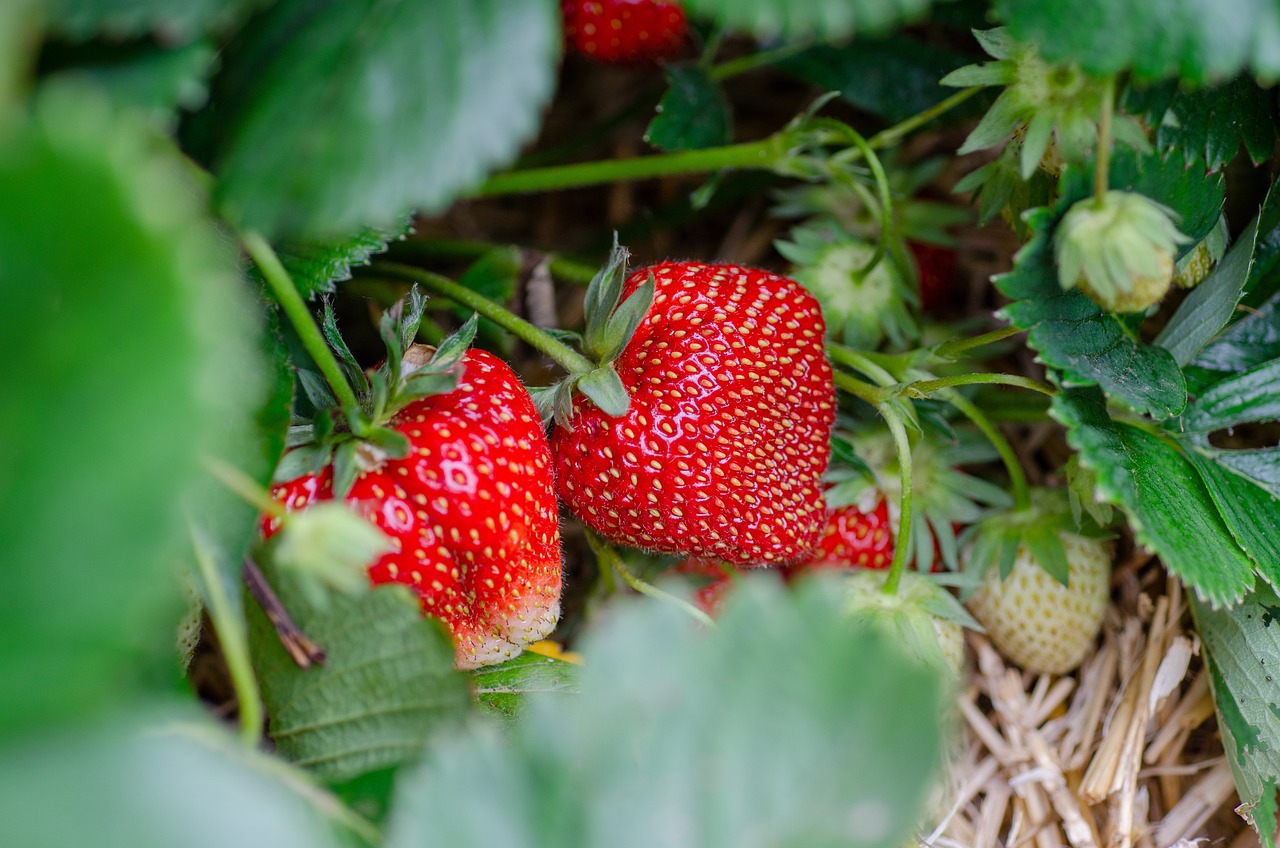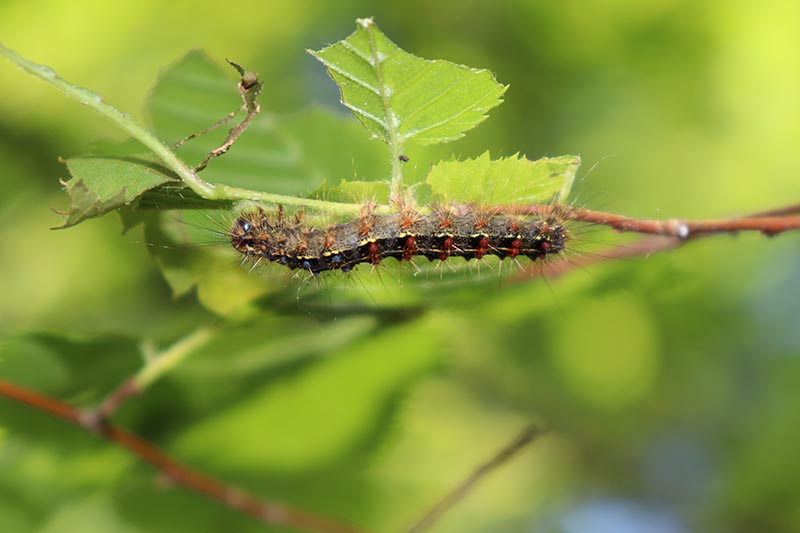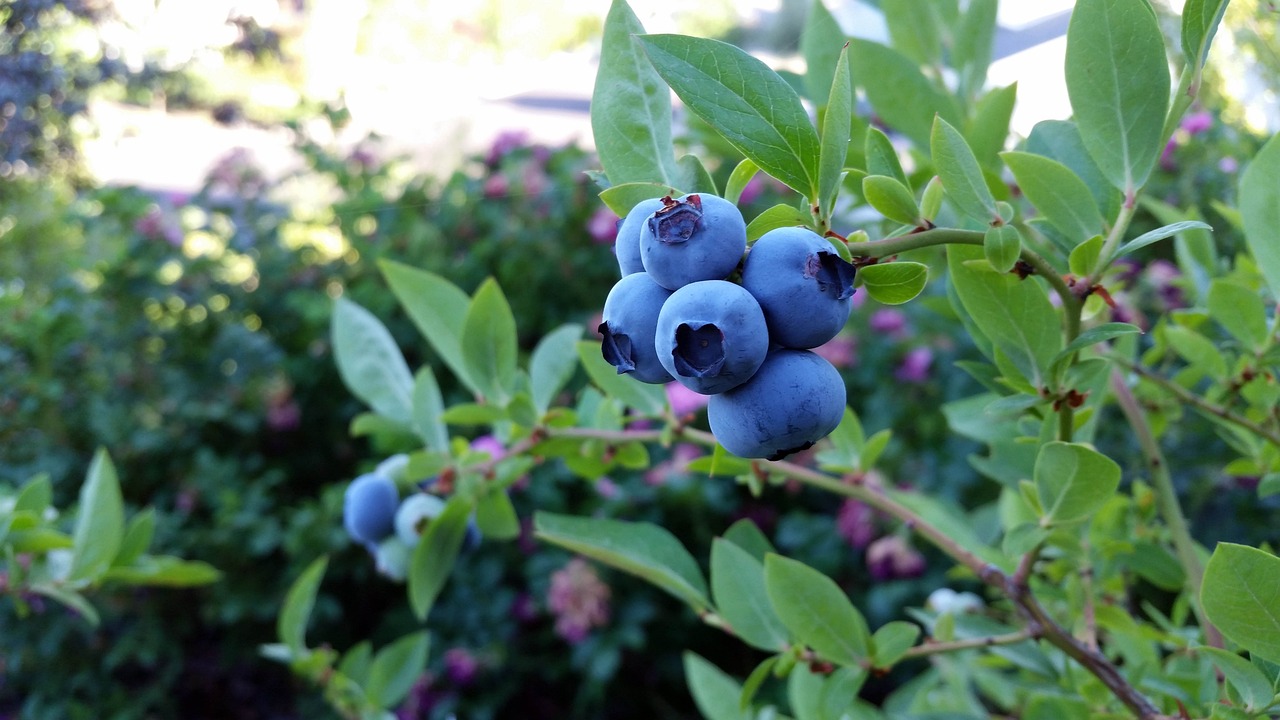Get Out of the Weeds with Mulch!
When you close your eyes and picture your perfect landscape, does it include lush gardens brimming with color-rich perennials, stunning shrubs, maybe some breezy, ornamental grasses? And then you open your eyes and look around your yard only to find that the most robust, vibrant things growing are weeds?
Time to call in some mulch to the rescue.
Mulch helps any garden look great. It delineates and defines garden beds from the lawn and beautifully showcases your plantings to their fullest. But this garden staple is more than just the foundation for a pretty garden face – it’s a powerful workhorse that helps regulate soil temperature, retain soil moisture and prevent and control weeds!
Mulch helps prevent weeds by blocking any sunlight that could reach weed seeds and make them grow. Like most things, a little prep work goes a long way when it comes to weed management. Here are some tips on getting the most out of your mulch to ensure you keep those weeds at bay.
- Resist the urge to dump mulch over existing weeds to just cover up the problem. Weeds will continue to grow and can push through mulch. Instead, till the soil to loosen up weed roots (be careful around plantings) and pull the whole weed up. A great time to do this is after a rain when it’s easier to uproot weeds.
- Add an extra layer of weed prevention insurance with some landscape fabric or old newspapers (wet them after placing them down). Then place a 2-3 inch layer of mulch over that. Don’t overdo mulch, since too much can make it difficult for rain to reach the roots of your plantings.
- Place mulch around perennials beds, annual beds, shrubs, trees – even containers! Avoid mounding mulch around tree trunks (known as “mulch volcanos”) which can invite moisture and decay around the tree’s base.
- Mulch comes in a variety of types, including wood chips, shredded bark, straw (ideal for vegetable gardens) and pine needles (usually not sold, but you can rake up your own if you have pine trees in your yard). A word of caution about using free mulch from your municipality’s transfer station; this may contain weed seeds or grass clippings that have been treated with pesticides.
- Odds are you won’t have to replace mulch each year – look for signs of decomposition, soil erosion or extreme discoloration before you replace or replenish your existing mulch. Organic mulches naturally decompose over time providing the soil with beneficial nutrients.
For more information on mulching tips, tricks and general information, check out some of our past posts on mulch!

